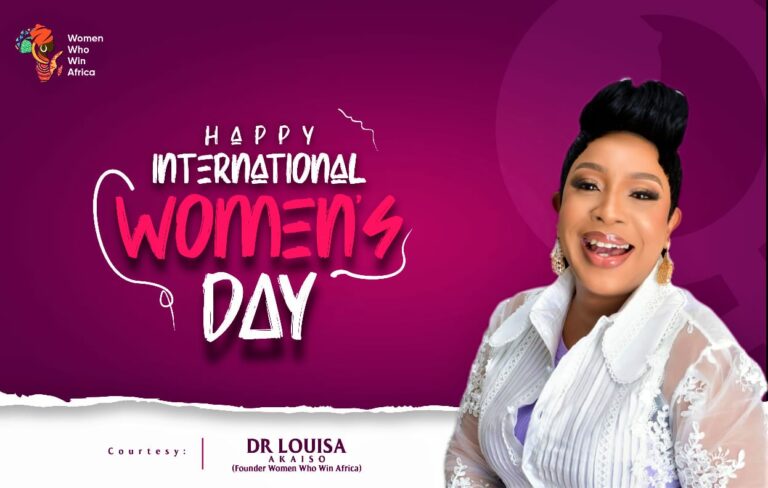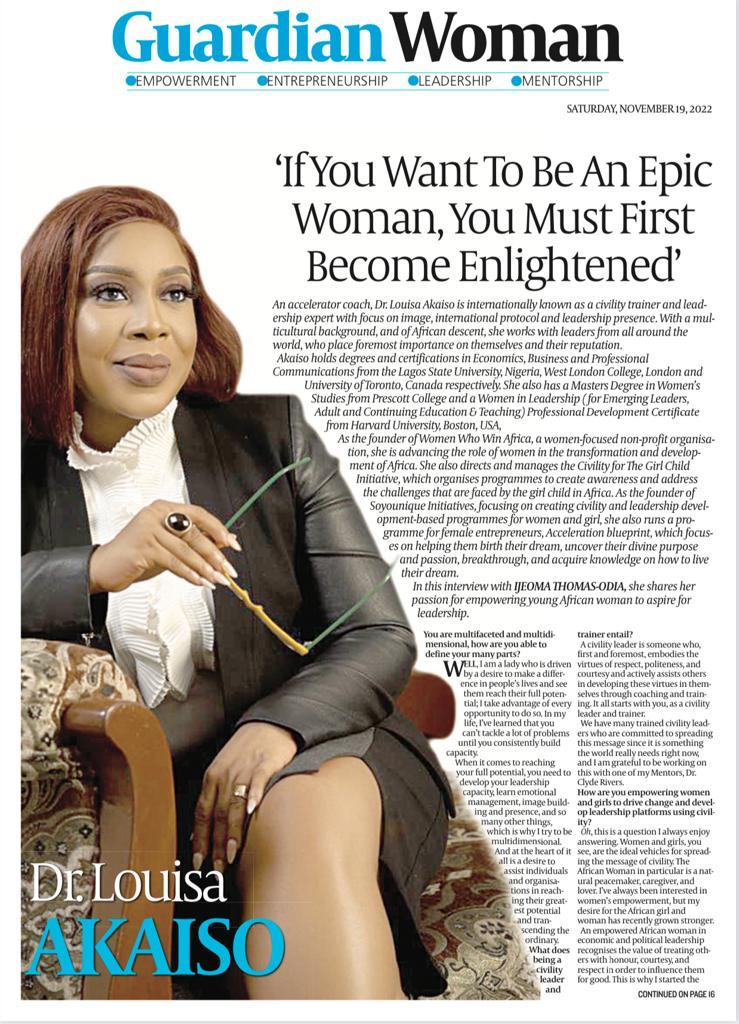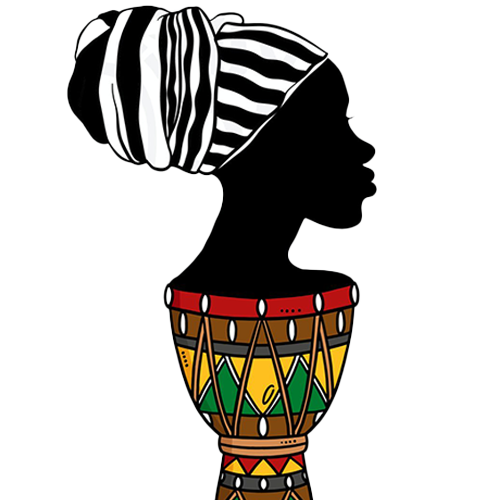Period poverty, a term encompassing the lack of access to menstrual products, education, hygiene facilities, and waste management, affects millions of individuals worldwide. According to the World Bank, over 300 million females menstruate daily, with approximately 500 million experiencing period poverty. Nowhere is this issue more pronounced than in impoverished regions like sub-Saharan Africa.
In these areas, the impacts of period poverty are extensive, exacerbated by a pervasive lack of information and misconceptions surrounding menstruation. The prevalence of menstrual stigma in sub-Saharan Africa further compounds the challenges faced by those who are period-poor. Girls, in particular, often hesitate to seek assistance due to embarrassment, perpetuating a cycle of silence and isolation. Moreover, cultural taboos and myths surrounding menstruation can lead to social exclusion and restriction of activities for girls during their menstrual cycles, deepening the impact of period poverty on their lives.
Consequences of Period Poverty
The ramifications of period poverty extend far beyond the inability to access menstrual products. Its profound impact is affecting health, education, and economic opportunities, particularly in sub-Saharan Africa.
One of the most immediate consequences of period poverty is its effect on health. Without access to proper menstrual hygiene products, individuals resort to unhygienic alternatives, increasing their risk of infections and other health complications. In sub-Saharan Africa, where resources are often scarce, the lack of adequate sanitation facilities further exacerbates these challenges. According to the World Health Organization, poor menstrual hygiene management contributes to reproductive tract infections, urinary tract infections, and other health issues, posing significant risks to reproductive health.
Period poverty also hinders educational opportunities, particularly for girls. In many communities, cultural taboos and myths surrounding menstruation lead to stigma and discrimination, causing girls to miss school during their menstrual cycles. UNESCO estimates that in sub-Saharan Africa, approximately one in ten girls misses school during menstruation, amounting to as much as 20% of the school year. This absenteeism not only affects academic performance but also perpetuates a cycle of educational disadvantage, limiting girls’ prospects and opportunities for economic empowerment.
The economic consequences of period poverty are profound, particularly for marginalized communities. Without access to menstrual products, individuals cannot fully participate in daily activities, including school, work, and social events. This can lead to missed opportunities for education and employment, further entrenching poverty and inequality. Moreover, the financial burden of purchasing menstrual products can be prohibitive for low-income families, forcing them to prioritize other essential needs over menstrual health.
Addressing period poverty requires a comprehensive approach that tackles both the practical challenges of access to menstrual products and the underlying social and cultural barriers. Initiatives that provide free or subsidized menstrual products in schools, workplaces, and public spaces can alleviate the financial burden on individuals and ensure access to essential resources. Additionally, investments in education and awareness programs are essential for challenging stigma and empowering individuals to advocate for their reproductive health rights. In the face of this pressing issue, concerted efforts from governments, civil society organizations, and the private sector are needed to create a more equitable and inclusive society where menstruation is not a barrier to health, education, or economic opportunity.
It’s not just a women’s issue
Period poverty affects individuals across gender lines, highlighting the need for collective action from society as a whole. Recognizing that menstruation is a universal experience, it is incumbent upon everyone to join in and support efforts to address period poverty.
Period poverty is not a problem that individuals should face alone. It requires the collective effort of communities, governments, businesses, and civil society organizations to ensure that everyone has access to menstrual products, education, and support services. By coming together and pooling resources, we can create a more equitable and inclusive society where menstruation is not a barrier to health, education, or economic opportunity.
Governments play a crucial role in addressing period poverty through policies and programs that prioritize menstrual health and hygiene. This includes initiatives such as providing free or subsidized menstrual products in schools, workplaces, and public spaces, as well as investments in menstrual health education and awareness campaigns. By prioritizing menstrual health as a public health issue, governments can ensure that everyone has access to the resources they need to manage menstruation with dignity and confidence.
As we enter Women’s Month and Women’s Week, it is essential to shine a spotlight on the issue of period poverty and advocate for meaningful change. This involves raising awareness, challenging stigma and discrimination, and mobilizing support for policies and programs that address the root causes of period poverty. By amplifying the voices of those affected and demanding action from policymakers, we can drive systemic change and create a more just and equitable society for all.
Moving forward together
As we reflect on Women’s Month and Women’s Week, let us not forget the millions of individuals around the world who are affected by period poverty. It is a reminder that our work towards gender equality and social justice must encompass all aspects of reproductive health and rights. By shedding light on this often-overlooked issue and advocating for meaningful action, we can create a future where menstruation is not a barrier to opportunity or dignity.
Recognizing that period poverty is not just a women’s issue is essential for building solidarity across diverse communities and driving meaningful change. By centering on the voices and experiences of all affected individuals, we can work towards creating a more inclusive and equitable society where everyone has access to the resources and support they need to manage menstruation with dignity and confidence.





